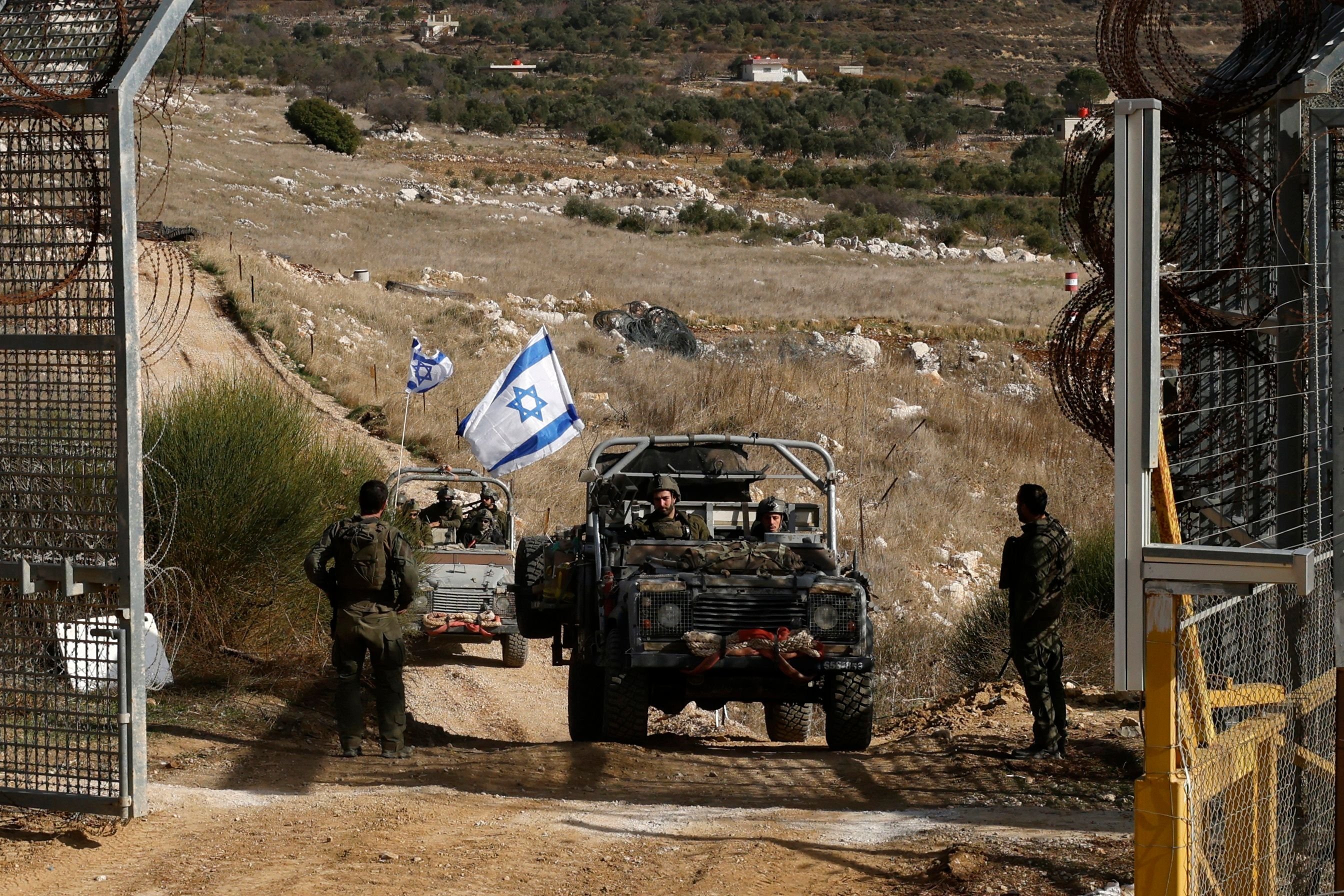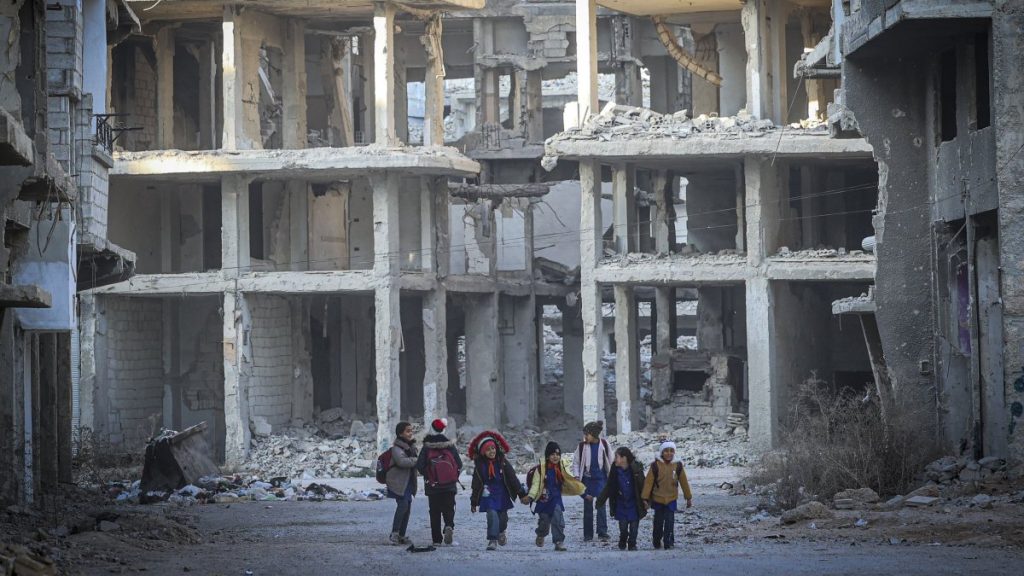The year 2024 has been recorded as one of the most critical years of modern times for the Middle Eastern region. It was full of conflicts, wars, humanitarian and economic crises, political devastation, mass killings and even genocide. The regional political developments were largely under the influence of Israel’s genocide in Gaza and its expansionist and aggressive policies toward other regional states. In other words, other developments were derivatives of Israel’s aggressive and expansionist policies. In this article, I will highlight the three most significant developments in the Middle East in 2024.
The most crucial event in the Middle East was the continuation of Israel’s genocide in Gaza. The destructive Israeli response to Operation Al-Aqsa Flood, with the full support of the Western countries to this attack, has shaped the year. Israel killed the most important figures of Hamas, including Ismail Haniyeh and Yahya Sinwar. However, the majority of the people killed in Gaza have been innocent children and women. No international institution has effectively intervened, and unfortunately, no power was able to stop the suffering of the Palestinian people.
Israel continued to violate all the norms and principles of international law by committing war crimes and crimes against humanity. It violated the national sovereignty of many regional countries such as Lebanon, Syria, Yemen and Iran. It has crossed all redlines, and most of the Western countries not only encouraged these atrocities but also contributed to them. It insistently undermined decisions and resolutions of related universal international organizations such as the United Nations and the International Court of Justice.
Another significant development in 2024 was the Israeli-Iranian conflict. Israel has largely destroyed the Iranian-led “axis of resistance,” which is composed of Iran and its proxies in the region. Israel eliminated almost the whole of Hezbollah’s high-level leadership and disabled thousands of its members. It killed Hezbollah leader Hassan Nasrallah and the organization’s entire senior staff in these attacks. Furthermore, it killed thousands of innocent civilians, including U.N. peacekeeping troops and the U.N. officials in Lebanon. Similarly, it repeatedly attacked specific targets in Syria.
Although Iran has been weakened, it still inflicted significant damage on Israel, demonstrating its capabilities. Yet, the two conflicting sides, Israel and Iran, remained careful enough not to escalate the level of tension between them. Israel, which has continued its destructive policies in Gaza and the West Bank, eventually agreed to a cease-fire with Hezbollah. Still, it has violated the terms of the cease-fire multiple times.
The last major incident of the year in the Middle East was the successful completion of the Syrian revolution and the overthrow of the 61-year-old Baath regime, one of the most brutal and despotic regimes in the world. The military Syrian opposition groups based in the safe zones under the control of Türkiye and from the Idlib province have managed to take control of the country with the capital city Damascus within two weeks without facing a notable challenge.
Bashar Assad and his family have fled to Russia, which has given them asylum. The two prominent supporters of the Assad regime, namely Iran and Russia, have largely withdrawn their forces from Syria. With the fall of the Assad regime, Iran has lost one of its most efficient allies in the region. Thus, one of the longest-lasting alliances in the Middle East ended.
On the other hand, many states have begun to contact the new Syrian regime and to recognize the new government established by the revolutionaries. Türkiye, the first country to reopen its embassy in Syria, encouraged and paved the way for other countries to do the same. Following the same track, many regional and global actors, including the United States, entered political dialogue with the new government.

What to expect in 2025?
It seems that the current political instability in the Middle East will continue in 2025. After experiencing watershed developments in the region, Operation Al-Aqsa Flood and the following Gaza genocide, the cards in the region will be reshuffled.
Unfortunately, the world will continue to watch the ongoing genocide in Gaza and be subjected to the test of conscience and compassion. Israel will continue to undermine the decisions made by the international institutions. The efforts of global institutions such as the U.N., the International Court of Justice (ICJ) and the International Criminal Court (ICC) have been futile, and none could stop Israel. In addition, no global power intends to deter Israel from its atrocities. However, the majority of the international public, including people in the West, have turned against Israel and are now increasingly aware of its atrocities against innocent people.
Second, some observers expect the incoming Trump administration to make significant changes in the region. Considering that Trump is one of the hardcore Zionists and an ultranationalist politician, the new U.S. government will continue to give full support to Netanyahu’s ultra-rightist and racist government. The influence of the transnational Zionist network will continue to force the U.S. government to support the Israeli government. However, as the Israeli atrocities proved that the order-based international system does not function, it will cause an unbearable cost for the United States. The more the U.S. government supports Israeli aggression and expansion, the more it will cost the U.S.
Considering that President Trump has a merchant mentality, the incoming U.S. government may change its pro-Israeli position because of the rising cost of the war. Until very recently, the U.S. was generally gaining from its military interventions in regional conflicts and wars. Conversely, it has begun to lose economically due to its massive assistance to Israel’s expansionist policies and Ukraine’s resistance against Russian invasion. Especially, the cost of U.S. support for Israel is not only economic but also political. Israel has ruined almost every basis of the current international system, which the United States established after World War II.
Despite all the destruction that Israel caused in Palestine, it is evident that the Palestinian resistance will continue to fight against the apartheid regime in Israel. The Palestinian-Israeli question will continue to determine the regional stability or instability. In other words, the suffering of the Palestinian people and ongoing genocide will prevent any normalization efforts in the Middle East between Arab regimes and Israel. As long as Israel continues its irresponsible and aggressive policies, the regional political atmosphere will not normalize, and eventually, Israel will not achieve security. It will only create further instability in the region, which the people of the Middle East will not welcome.
As for the process in Syria, we can say that the new government will pursue its efforts to reconstruct administrative institutions and rebuild its nation. During the process, they will face many challenges emanating from domestic and external settings. The government will take time to regain all the Syrian territories under their control. These consist of the areas under Israeli invasion and the PKK/YPG-controlled northeastern Syria. Soon, the new political leadership will ask the YPG to disarm itself and participate in the country’s reconstruction. If not accepted, the new government will not hesitate to use force against the YPG. On the other hand, some regional and/or global powers may intervene in Syria’s domestic affairs and create a new wave of violence in the country.
Türkiye, which increased its political weight in the region in 2024, will continue to strive for political stability in the Middle East, especially in its neighbors Syria and Iraq. Türkiye attaches great importance to the Syrian state’s political stability and territorial integrity. Ankara, which continued to support the Syrian opposition for more than a decade, will continue to provide unwavering support to the new regime for them to retake all parts of the country under their control and rebuild the state institutions. It is determined to act as a facilitator between the new Syrian government and the world.
Lastly, the overthrow of the Assad regime may instigate a new wave of protests and regime changes in the Arab world in 2025. The fall of the despotic Baath regime will be remembered as a turning point in the history of the Arab people. Naturally, it will inspire other Arab populations to achieve their respective internal and external self-determinations. The new process may lead to a new period for the Arab world.


